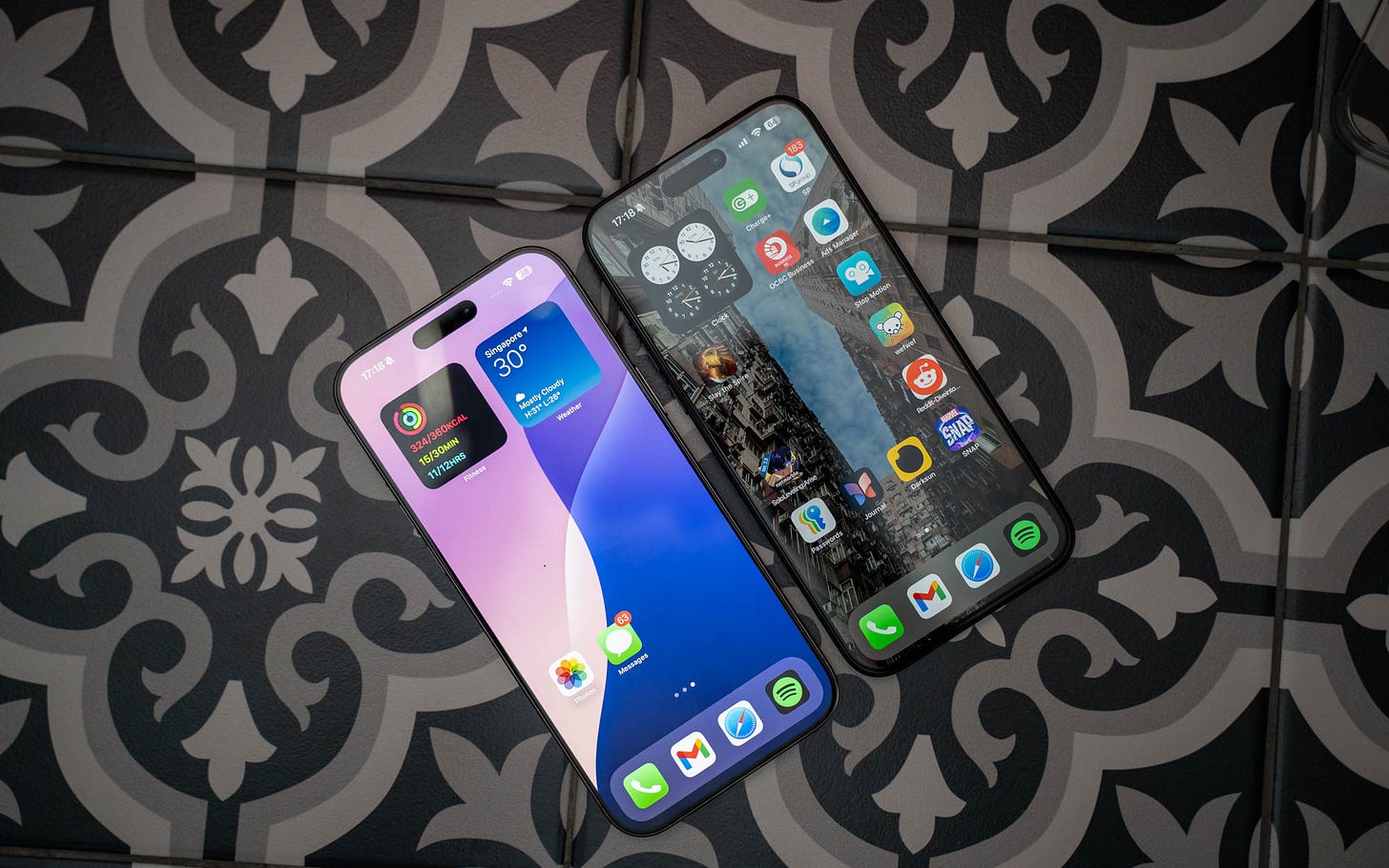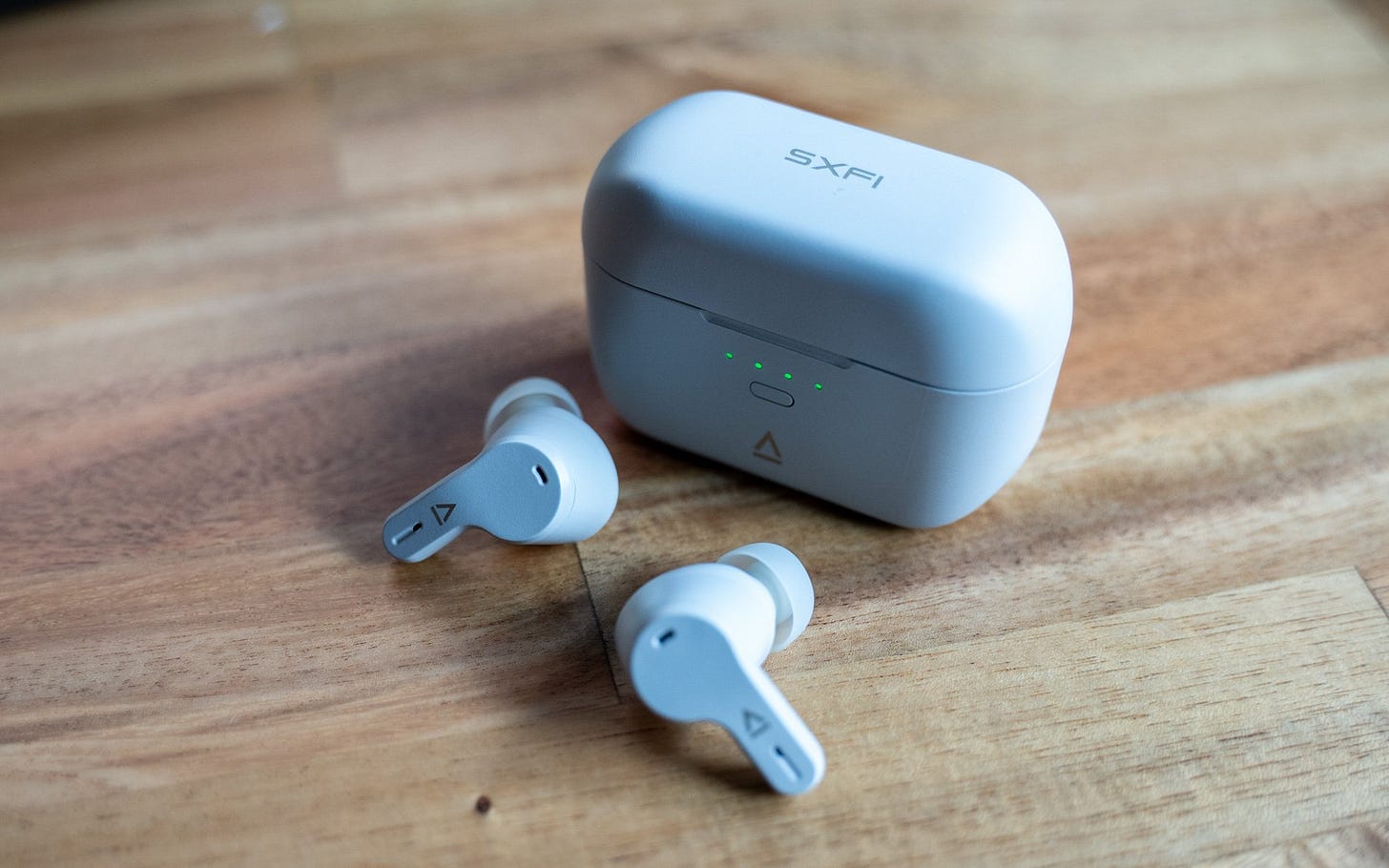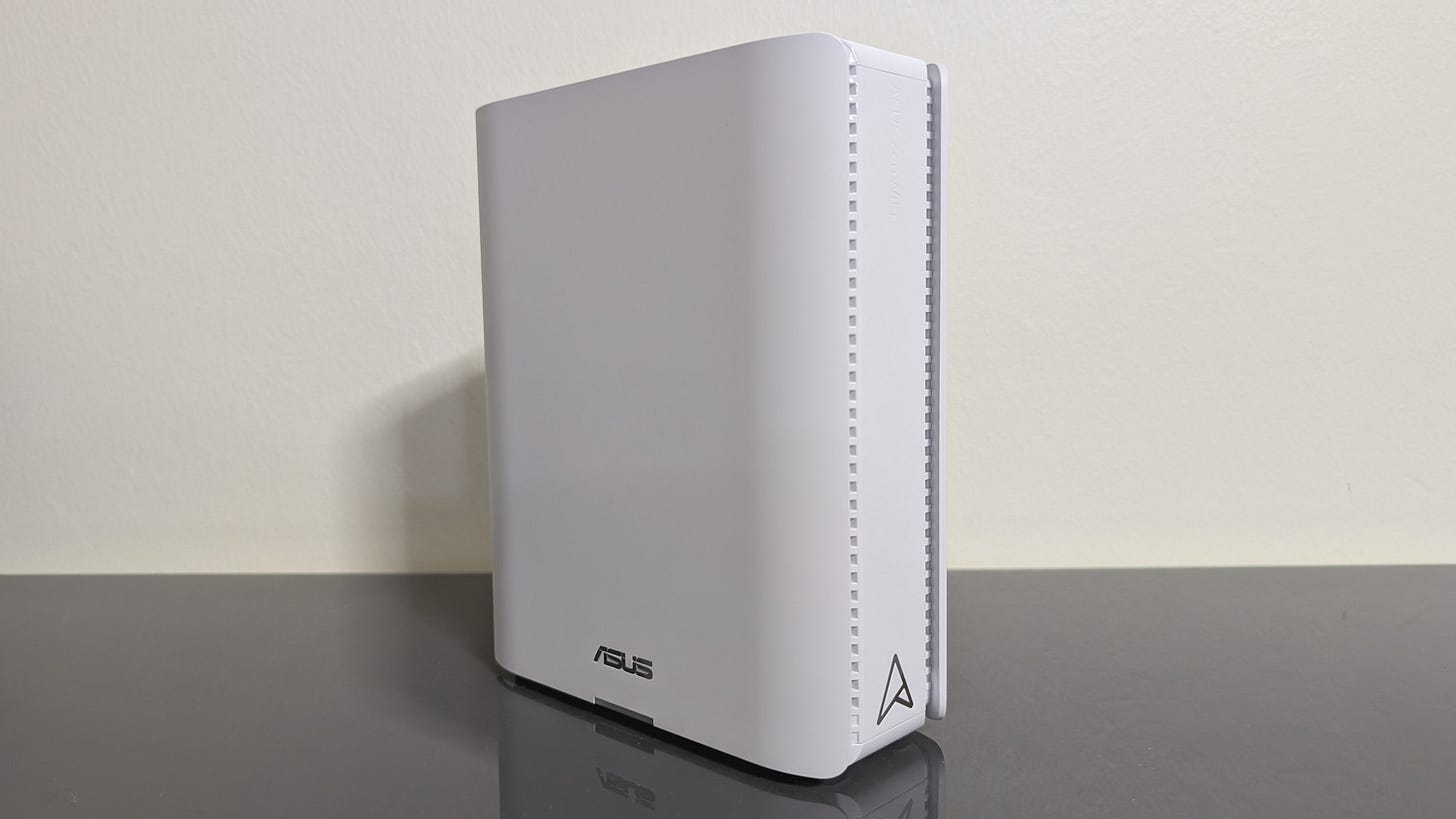No Apple Intelligence, no problem
Healthy iPhone 16 sales despite delay of AI features
Sales of the Apple iPhone 16 are off to a good start, despite earlier speculation from analysts that the delayed launch of its artificial intelligence (AI) features has led to sluggish demand. At its Q4 earning report last week, the smartphone maker announced that overall iPhone revenue grew by 6%.
Only about a week of iPhone 16 sales were counted for this report, but according to Apple CEO Tim Cook, iPhone 16 sales were stronger compared with iPhone 15 sales for the year-ago quarter. The signs are encouraging, especially with the first Apple Intelligence features finally being released late last month for US English users of Apple’s tablets, smartphones and laptops.
Perhaps AI or the lack of it wasn’t much of a factor for iPhone buyers. A more likely reason is the demand for the basic iPhone 16. This more affordable iPhone has gotten some solid upgrades this year compared with previous iterations, from the new A18 chip to having the same Camera Control and Action buttons as the Pro model. These upgrades probably enticed owners of older iPhones to switch to the new model.
This narrower hardware gap between the base and the iPhone 16 Pro was one of the reasons for the iPhone 16’s strong debut, according to market research firm Canalys. Another reason cited by Canalys was Apple’s shift to producing iPhones in India, which helped to reduce lead times, and streamlined pre-order fulfillment. However, the report added that the delay in Apple Intelligence may still affect iPhone 16 sales later this year and next year.
Apple wasn’t the only smartphone maker to do well in the recent quarter. Global smartphone sales grew by 5% year on year, making it the strongest Q3 performance since 2021. For those who care about the rankings, Samsung sold the most phones (57.5 million), followed by Apple (54.5 million) and Xiaomi (42.8 million). Going forward, Canalys believes that smartphone makers will continue to push AI as a way of differentiation in the premium smartphone category. In short, we’re still going to be bombarded by AI features next year, whether we like them or not.
This week, we tried Xiaomi’s first attempt at a clamshell flip foldable, Creative’s latest true wireless earbuds, and one of the best Wi-Fi 7 mesh routers in the market.
The Xiaomi Mix Flip may be the Chinese smartphone maker’s first clamshell foldable phone, but it’s a very good, flagship-tier device that can compete with market leader Samsung’s Galaxy Z Flip 6. Not only does it have top specs, its outer display has ample space to run apps, and the Leica-branded cameras are excellent, too.
With excellent sound and great battery life (up to 12 hours with ANC off), the Creative Zen Air SXFI true wireless earbuds offer great value for money at around S$100. Sure, it may not have the best noise cancellation. However, the features, and more importantly, the sound quality more than make up for it.
If you’re sparing no expenses to upgrade your home network and broadband fibre plan, consider the Asus ZenWiFi BQ16. This Wi-Fi 7 mesh router has two 10Gbps ports — perfect for 10Gbps fibre plans — as well as comprehensive features, including one that easily lets you create multiple networks or SSIDs. Downside: The Asus ZenWiFi BQ16 doesn’t come cheap at S$899 for one unit.





